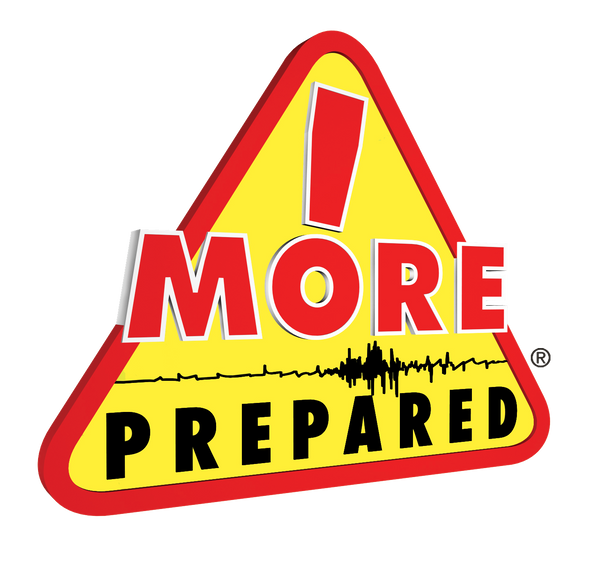
Preparing for Blackouts
Sudden power outages can be frustrating and cause problems. Blackouts are common due to heat waves, winter storms and other natural disasters like earthquakes, hurricanes and tornadoes. It's important to know how to prepare for a blackout or long-term power outage. The following information provides survival tips on what to do before, during and after a blackout.
Before a Blackout
Build or buy an emergency preparedness kit, including a flashlight, batteries, cash, and first aid supplies. Make sure you have alternative charging methods for your phone or any device that requires power. A crank or solar powered radio/flashlight/cell phone charger is a good alternative to battery powered ones. Always keep your cell charged and have a supply of batteries on hand.
Know where the manual release lever of your electric garage door opener is located and how to operate it.
Purchase ice or freeze water-filled plastic containers to help keep food cold during a temporary power outage.
Keep your car’s gas tank full. Gas stations rely on electricity to power their pumps. If you use your car during a blackout to re-charge devices, do NOT keep the car running in a garage, partially enclosed space, or close to a home, this can lead to carbon monoxide poisoning.
Learn about the emergency plans that have been established in your area by visiting your state’s or local website so you can locate the closest cooling and warming shelters.
If you rely on anything that is battery-operated or power dependent like a medical device determine a back-up plan.
During a Blackout
Only use flashlights or battery operated lanterns for emergency lighting, candles and kerosene lanterns can cause fires.
Leave one light turned on so you’ll know when the power comes back on.
Keep refrigerator and freezer doors closed. Most food requiring refrigeration can be kept safely in a closed refrigerator for several hours. An unopened refrigerator will keep food cold for about 4 hours. A full freezer will keep the temperature for about 48 hours.
Remain cool if it is hot outside. In intense heat when the power may be off for a long time, consider going to a movie theater, shopping mall or “cooling shelter” that may be open in your community. If you remain at home, move to the lowest level of your home, since cool air falls. Wear lightweight, light-colored clothing. Drink plenty of water, even if you do not feel thirsty.
Put on layers of warm clothing if it is cold outside. Never burn charcoal for heating or cooking indoors. Never use your oven as a source of heat. If the power will be out for a prolonged period, plan to go to another location (the home of a relative or friend, or a public facility) that has heat to keep warm.
Turn off or disconnect appliances and other equipment in case of a momentary power “surge” that can damage computers and other devices. Consider adding surge protectors.
Only use generators away from your home and NEVER run a generator inside a home or garage, or connect it to your home's electrical system.
Avoid unnecessary travel, especially by car. Traffic lights will be out and roads will be congested.
If electrical power lines are down, don’t touch them, Keep your family and pets away. Report downed lines to your utility company.
After a Blackout
Throw away any food that has been exposed to temperatures above 40° F (4° C) for more than 2 hours or if it has an unusual odor, color or texture. When in doubt, throw it out!
If food in the freezer is colder than 40° F and has ice crystals on it, you can refreeze it.
Contact your doctor if you’re concerned about medications having spoiled.
Restock your emergency kit with fresh batteries, canned foods and other supplies you used.
How to Be More Prepared
Keep well stocked emergency survival kits in the home, at work and in your cars. Browse survival kits that can help your family and you prepare to survive a blackout or other emergency.
